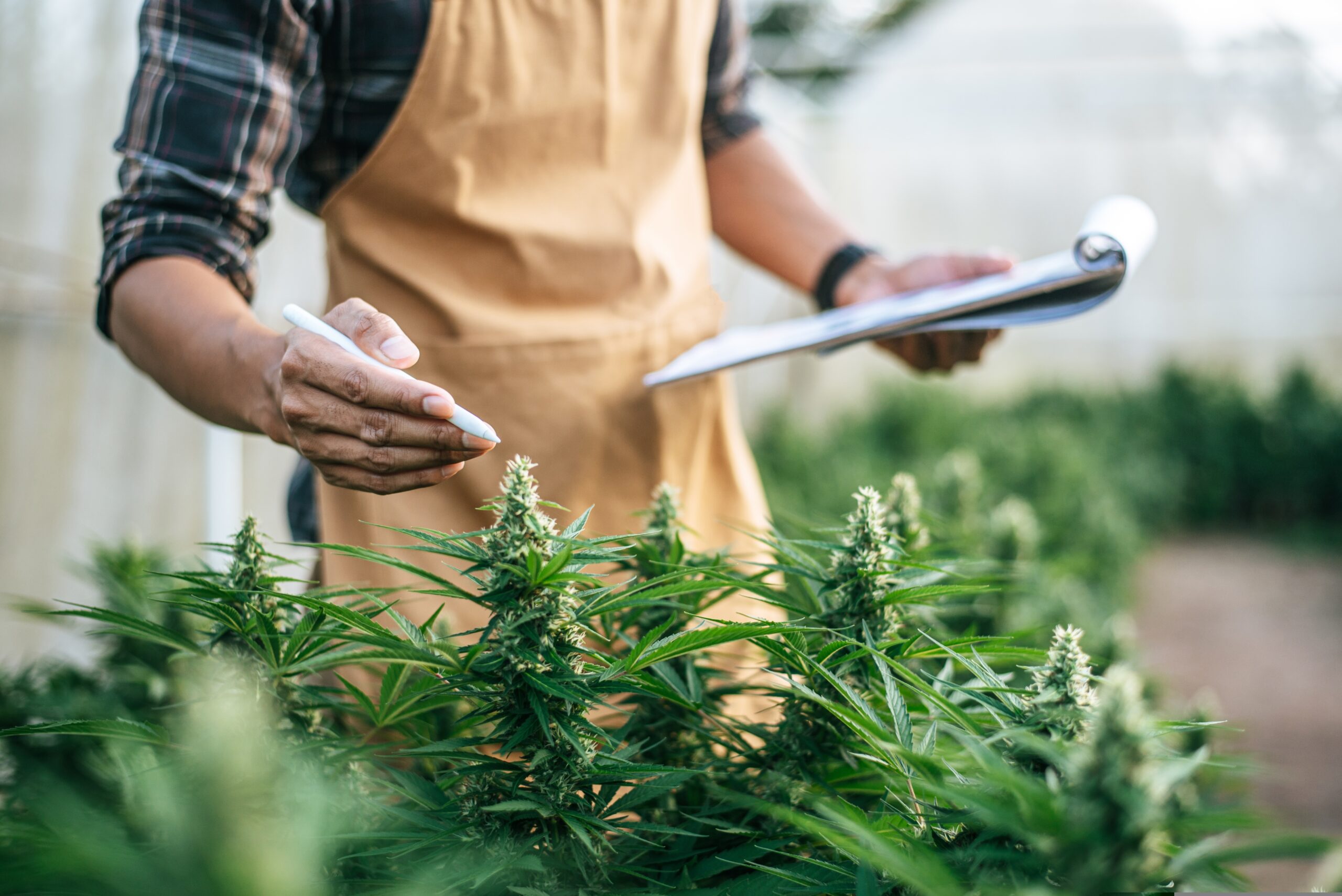Lesotho’s entry into the legal medicinal cannabis market began with a legislative shift in 2008, replacing outdated drug laws with more targeted regulations. By 2017, the country had issued its first commercial licences to cultivate cannabis for medical use, attracting foreign investors and positioning itself as a pioneer on the African continent. The idea was to boost economic development, create jobs, and transform traditional cannabis farming into a legitimate and regulated sector. But while the move was heralded as progressive, the reality on the ground has exposed significant structural, legal, and operational weaknesses that now threaten the viability of the emerging industry.
Though rich in cannabis history and cultural knowledge, Lesotho’s new legal industry has yet to fully integrate the traditional growers who have long relied on the crop for their livelihoods. The cost of licensing alone, has made market entry impossible for most local entrepreneurs. Instead, the field is dominated by multinational corporations, leaving small-scale Basotho farmers and entrepreneurs largely on the sidelines. Despite the initial enthusiasm, the sector has grown unevenly, and many of the country’s cannabis companies are either non-operational or unable to meet international standards for export.
The lack of accredited testing facilities in Lesotho has created further challenges. Producers must send samples to South Africa for quality testing, which adds logistical and financial burdens. Without certified laboratories in-country, smaller producers simply can’t afford to test their products, limiting their chances of competing in international markets or even complying with local regulations. One result is that only a single Lesotho company holds the internationally recognised GMP certification necessary for exporting cannabis as an active pharmaceutical ingredient.
There is also a significant knowledge and skills gap within the industry. Many of the officials responsible for enforcing cannabis laws have limited understanding of the sector, leading to inconsistent application of regulations. According to industry managers, some government departments lack trained personnel who understand the requirements of cannabis cultivation, manufacturing, and export. These inefficiencies risk tarnishing the country’s credibility on the global stage, particularly with international bodies that monitor drug production and compliance.
Educational institutions have yet to step in with the training and academic support required to develop a knowledgeable workforce. While cannabis careers span everything from science to business and law, there are few, if any, targeted programmes in Lesotho’s universities or colleges that prepare students for work in this rapidly evolving field. This gap has left both regulators and potential local entrepreneurs without the tools needed to fully participate in or support the industry.
For companies that are trying to compete, the legal environment remains unclear. Regulations are often vague, poorly enforced, or not aligned with best practices. Managers report difficulties understanding what is required of them and frustration with government departments that provide little guidance or follow-through. This has created an uneven playing field where companies willing to invest heavily in compliance are no better off than those who don’t.
Start-up costs continue to be a major barrier. In Lesotho, licensing fees are prohibitively high for most citizens, effectively excluding locals from a sector that could otherwise offer meaningful employment and revenue. This disconnect has led to criticism that the current system favours large foreign players over the very people who have historically cultivated cannabis in Lesotho. The absence of support mechanisms for small and medium-sized enterprises means many are locked out of the legal market despite having generations of experience.
In an industry that thrives on precision and regulation, the absence of coherent policy implementation is dangerous. The government has issued licences but has not conducted the inspections or oversight necessary to ensure that production is happening in a controlled and accountable way. This lack of monitoring raises concerns about smuggling and unauthorised cultivation, which could jeopardise the entire legal framework and risk sanctions from international regulatory bodies.
Looking forward, Lesotho has an opportunity to recalibrate. Introducing affordable licensing schemes and investing in local testing infrastructure would lower the barriers to entry for domestic players. Educational institutions could design short courses and degree programmes focused on cannabis cultivation, extraction, compliance, and business management. Partnerships between government, academia, and industry stakeholders could produce a new generation of skilled professionals ready to lead the sector responsibly.
Furthermore, the government could take an active role in supporting SMMEs through subsidies, training grants, or incubation programmes. Creating pathways for small-scale farmers to transition into the legal market would not only reduce illegal activity but also broaden the economic benefits of cannabis cultivation. It would also help align Lesotho’s domestic cannabis market with international standards, increasing the country’s credibility and export potential.
While the ambition to become a continental leader in medicinal cannabis remains admirable, Lesotho must now address the foundational issues holding back its industry. A coordinated, well-resourced strategy that includes legal clarity, capacity building, infrastructure investment and local empowerment is essential. By taking these steps, Lesotho could transform its cannabis sector into a sustainable driver of inclusive economic growth, one rooted not just in policy, but in meaningful opportunity for its people.

